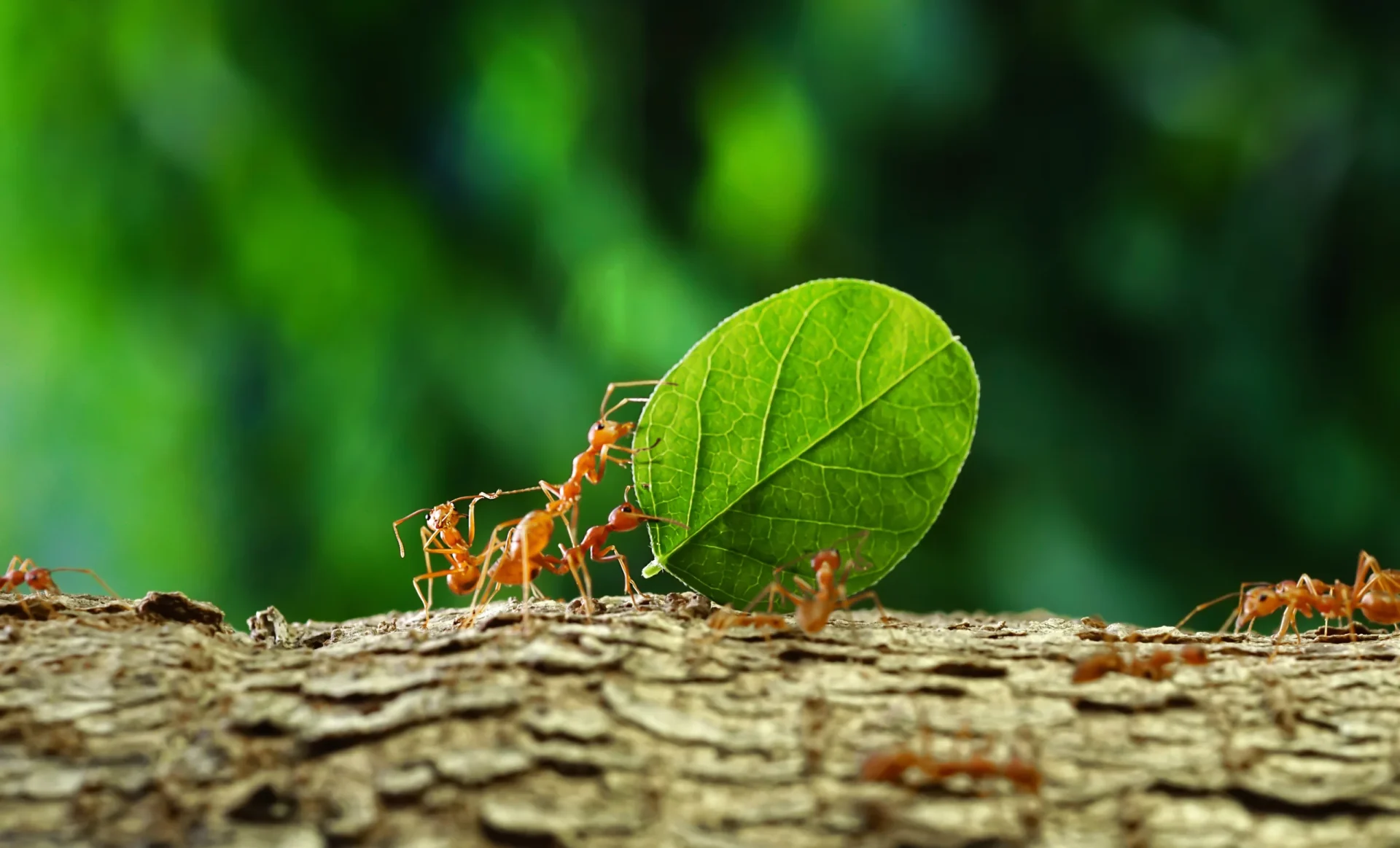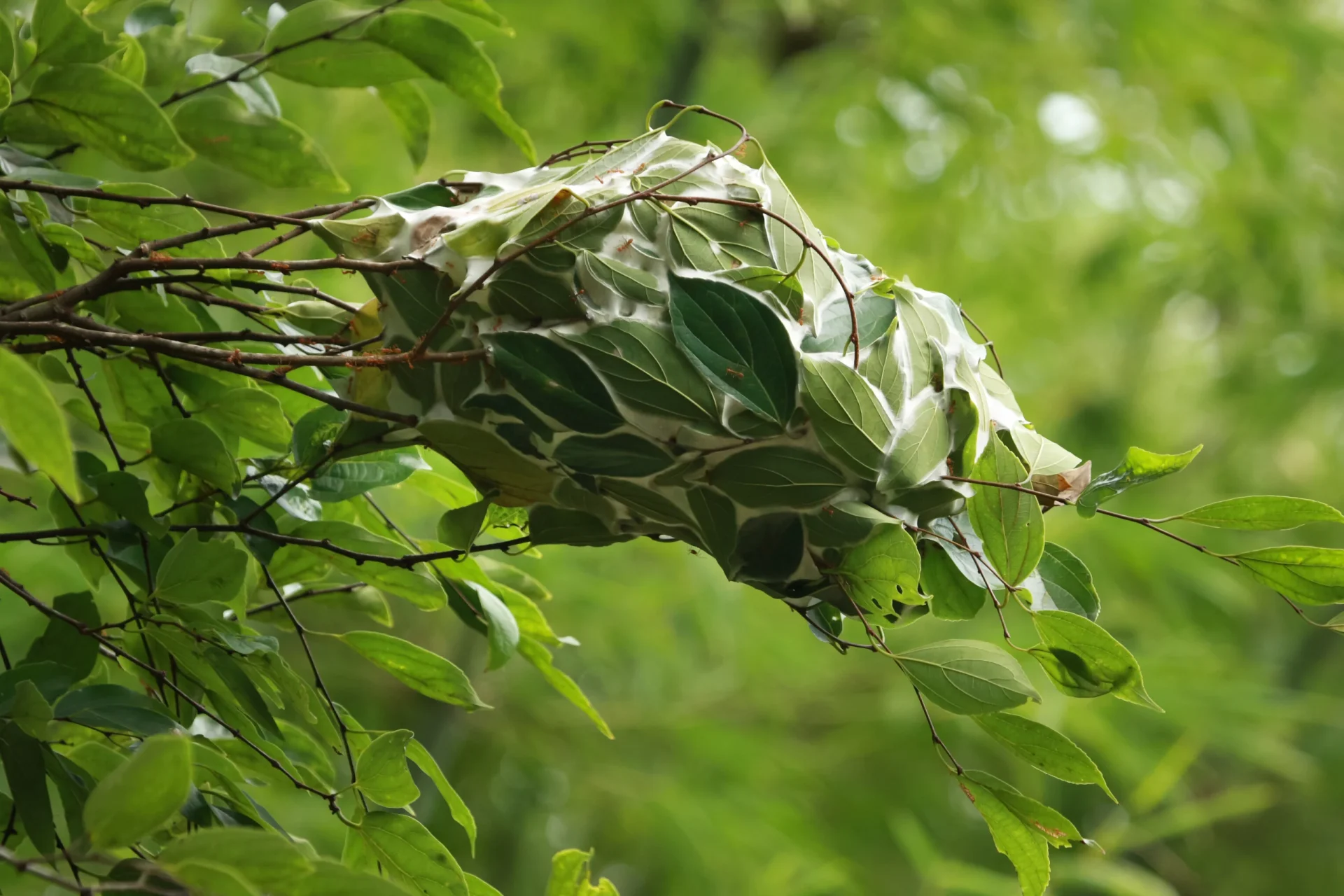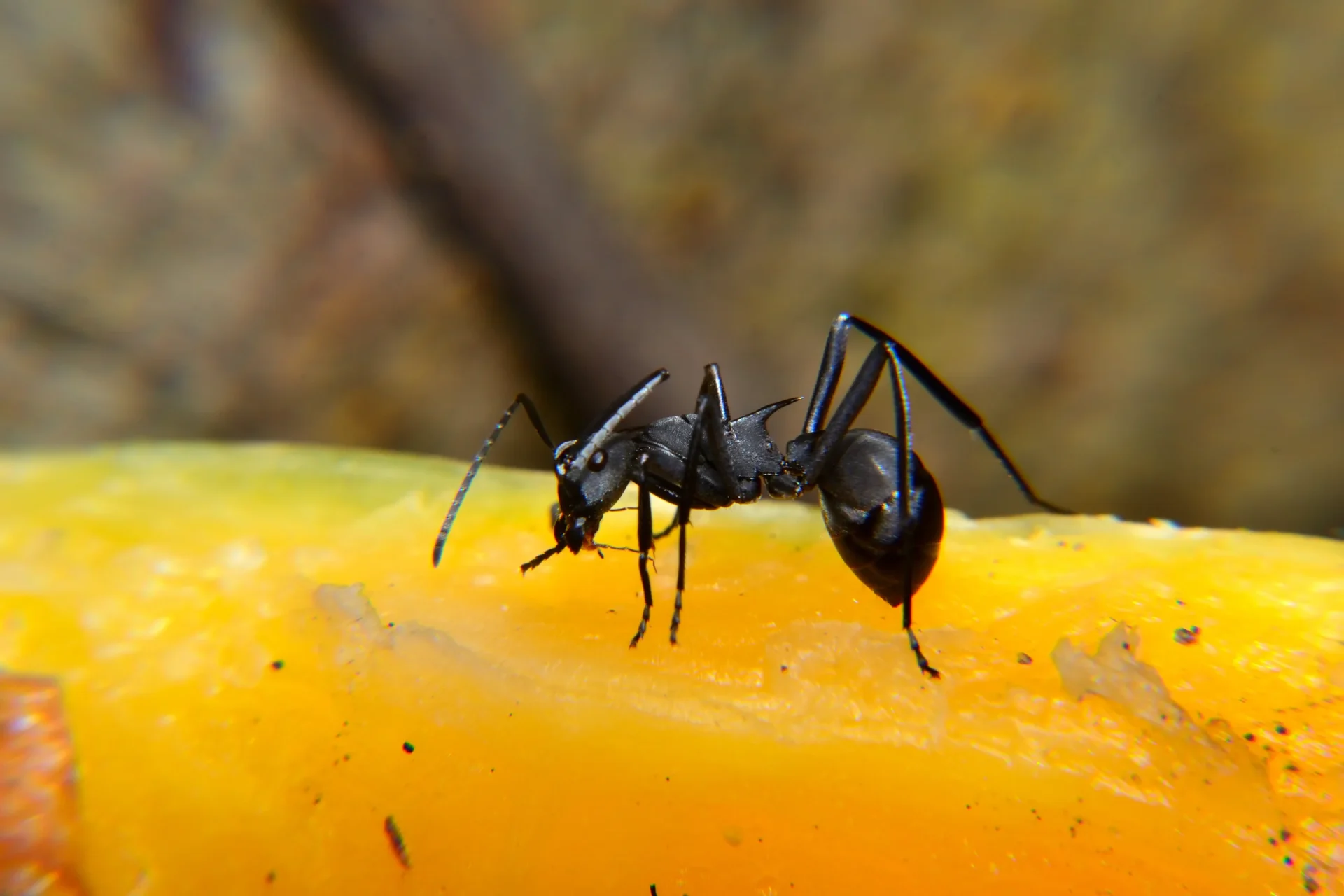Have you ever stopped to marvel at the intricate world of ants and their bustling colonies? These tiny creatures exhibit remarkable teamwork, organization, and problem-solving abilities. In this blog post, we will delve into the captivating realm of ants, uncovering fascinating facts about their behavior, social structures, and incredible feats. Get ready to be amazed as we explore the miniature universe of these industrious insects.
Ants Unveiled: Discover in a New Tab
1. Diversity in Ant Species
 Ants are incredibly diverse, with a wide range of species inhabiting various ecosystems around the world. There are over 12,000 known species of ants, each with its unique characteristics and adaptations. From the leaf-cutting ants of Central and South America to the army ants of Africa and the wood ants of Europe, these tiny creatures display a remarkable array of behaviors and ecological roles.
Ants are incredibly diverse, with a wide range of species inhabiting various ecosystems around the world. There are over 12,000 known species of ants, each with its unique characteristics and adaptations. From the leaf-cutting ants of Central and South America to the army ants of Africa and the wood ants of Europe, these tiny creatures display a remarkable array of behaviors and ecological roles.
2. Advanced Communication System
 Ants have evolved sophisticated communication systems to coordinate their activities and maintain the harmony of their colonies. Through chemical signals known as pheromones, ants can communicate vital information such as food sources, danger warnings, and nest locations. They leave scent trails for their fellow colony members to follow, enabling efficient resource allocation and navigation. This remarkable communication network ensures smooth cooperation within the colony.
Ants have evolved sophisticated communication systems to coordinate their activities and maintain the harmony of their colonies. Through chemical signals known as pheromones, ants can communicate vital information such as food sources, danger warnings, and nest locations. They leave scent trails for their fellow colony members to follow, enabling efficient resource allocation and navigation. This remarkable communication network ensures smooth cooperation within the colony.
3. Social Organization
 Ant colonies exhibit intricate social structures, with various roles assigned to different individuals. Ant colonies are typically organized into castes, including workers, soldiers, and reproductive individuals. The workers are responsible for foraging, nest maintenance, and caring for the young. Soldiers defend the colony against threats, while the reproductive individuals are tasked with the continuation of the colony through mating and reproduction.
Ant colonies exhibit intricate social structures, with various roles assigned to different individuals. Ant colonies are typically organized into castes, including workers, soldiers, and reproductive individuals. The workers are responsible for foraging, nest maintenance, and caring for the young. Soldiers defend the colony against threats, while the reproductive individuals are tasked with the continuation of the colony through mating and reproduction.
4. Division of Labor
 The division of labor within ant colonies is a testament to their remarkable organizational skills. Different individuals within the colony specialize in specific tasks according to their caste and age. As the needs of the colony change, ants can switch roles to adapt to new requirements. This flexibility allows for efficient resource allocation and ensures the colony’s survival in dynamic environments.
The division of labor within ant colonies is a testament to their remarkable organizational skills. Different individuals within the colony specialize in specific tasks according to their caste and age. As the needs of the colony change, ants can switch roles to adapt to new requirements. This flexibility allows for efficient resource allocation and ensures the colony’s survival in dynamic environments.
5. Colony Size and Superorganisms
Ant colonies are often referred to as superorganisms due to their immense size and collective behavior. Some ant colonies can consist of millions or even billions of individuals, working together as a cohesive unit. These superorganisms function as a single entity, exhibiting collective decision-making, resource allocation, and problem-solving abilities. The coordination and synergy within these massive colonies are truly remarkable.
6. Impressive Construction Skills
 Ants are renowned for their ability to build elaborate structures and engineer impressive nests. Some species of ants construct intricate underground tunnels, while others build towering mounds or leaf nests suspended from trees. The complexity and precision of their constructions demonstrate their exceptional engineering skills. Fun fact: The leafcutter ants of Central and South America are known to cultivate fungus within their nests, forming symbiotic relationships that involve growing, harvesting, and feeding on the fungus.
Ants are renowned for their ability to build elaborate structures and engineer impressive nests. Some species of ants construct intricate underground tunnels, while others build towering mounds or leaf nests suspended from trees. The complexity and precision of their constructions demonstrate their exceptional engineering skills. Fun fact: The leafcutter ants of Central and South America are known to cultivate fungus within their nests, forming symbiotic relationships that involve growing, harvesting, and feeding on the fungus.
7. Ecological Importance
 Ants play crucial roles in ecosystems, contributing to seed dispersal, nutrient recycling, and pest control. Ants are voracious scavengers, cleaning up organic matter and participating in the decomposition process. Additionally, certain ant species aid in seed dispersal by collecting and burying seeds, helping to regenerate forests and maintain biodiversity. Some ants also act as predators, controlling populations of other insects and pests. The world of ants is a captivating microcosm of teamwork, communication, and astounding abilities. From their diverse species and intricate social structures to their advanced communication systems and impressive construction skills, ants continue to amaze us with their remarkable adaptations and behaviors.
Ants play crucial roles in ecosystems, contributing to seed dispersal, nutrient recycling, and pest control. Ants are voracious scavengers, cleaning up organic matter and participating in the decomposition process. Additionally, certain ant species aid in seed dispersal by collecting and burying seeds, helping to regenerate forests and maintain biodiversity. Some ants also act as predators, controlling populations of other insects and pests. The world of ants is a captivating microcosm of teamwork, communication, and astounding abilities. From their diverse species and intricate social structures to their advanced communication systems and impressive construction skills, ants continue to amaze us with their remarkable adaptations and behaviors.
Whether you observe ants for entertainment or study their behavior in scientific research, one cannot help but be enthralled by their incredible colonies.
These tiny creatures exhibit an extraordinary level of coordination, cooperation, and adaptability. As we continue to explore the fascinating world of ants, let’s remember to appreciate the invaluable roles they play in maintaining ecosystems and the remarkable lessons they offer about teamwork and organization. So, the next time you come across an ant, take a moment to marvel at its resilience and remarkable abilities, for these industrious insects truly deserve our admiration.
Ants Unveiled: Discover in a New Tab











